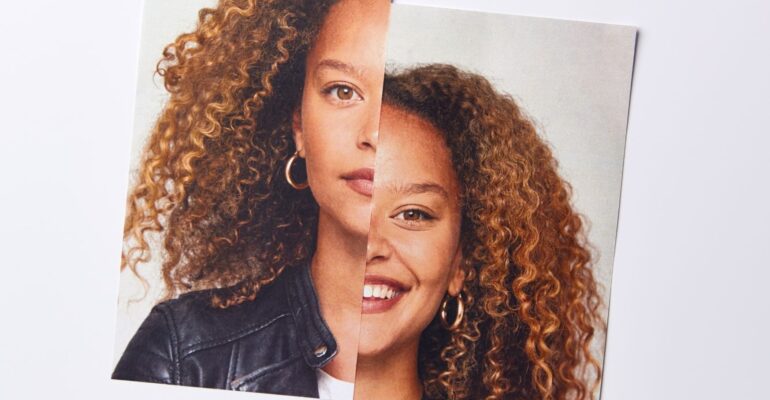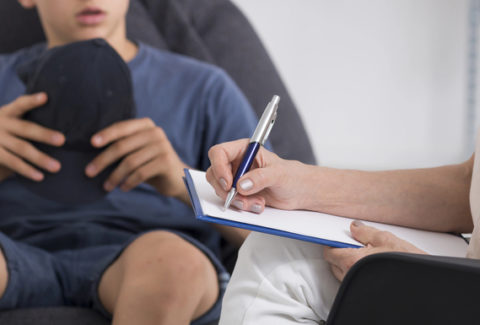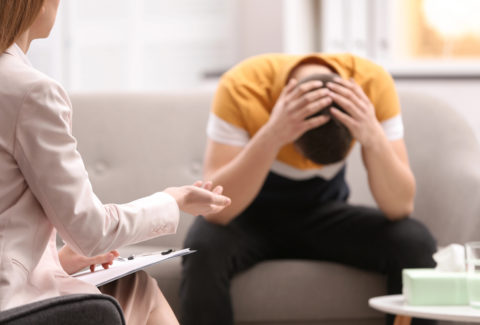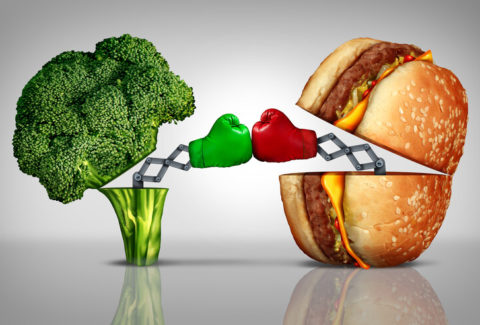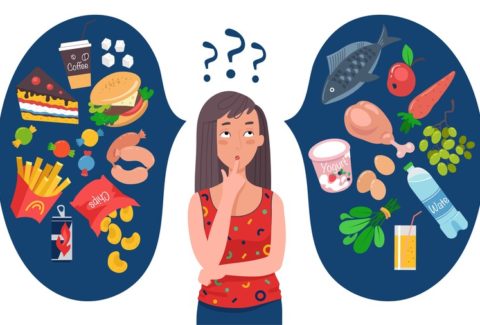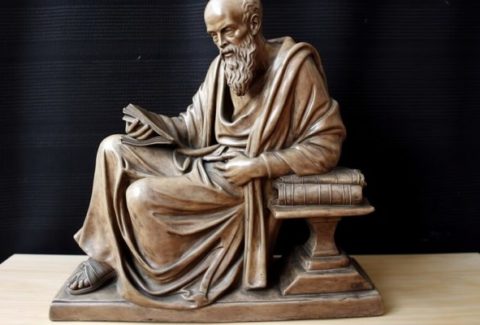Why Do We Get Depressed?
We get depressed because we do not perceive our own best interests. We don’t really know what is in our own best interest, but what’s worse is that we think we do [1], and this is why we not only get depressed, or are more likely to get depressed; but this is also why it becomes harder and harder for us to get out of depression when it comes.
While it may not be obvious, the fact remains that what we, all, ultimately, want is to be “happy.” It may then be less obvious to us to know what being “happy,” really means; what is it that will “make us happy,” and how we go about being “happy.”[2] As a result, we are left without a guide or direction, and it becomes harder for us to decide or take action. Added to this, several studies show that having more choices also does not make us happier [3], rather, it makes us more miserable. These studies show that while we think we want choices, we feel overwhelmed when presented with them and, as a result, we feel less happy.
Furthermore, since we have no guide or direction, we have no reliable way of judging one thing from the other in terms of how happy this would make us or not [4]. Of course, we judge, but we judge based on our own perception which is colored by our past, and this is one of the least reliable ways for us to determine anything because it is just an illusion [5].
Since we have no way of reliably judging or assessing anything; since we have no way of determining what will make us happy and what will not. Not only do we not know what is in our own best interests, we will also be unlikely to serve our own best interests.
Reading this may trigger our protective personality, “What do you mean I don’t know what’s best for me? What do you mean I am unlikely to be able to serve my own best interests?” Well, if we really know what is in our own best interests, then there is no way we would ever end up getting depressed. For depression is mourning, mourning of a loss; it’s regrets; it’s guilt; it’s self-loathing; it’s desire to not willing to live anymore; and loss of optimism for ourselves loss of trust in others, for life and for others.
Now, as stated earlier, it is not only that we do not perceive our own best interests, it is also that we do not even realize we do not perceive our own best interests. Even worse, we are convinced that we know what our own best interests are, making it even more difficult for us to be open and learn. And this is why we get depressed; this is why we will continue to get depressed; and this is why it will be harder for us to get out of depression. Until, of course, we reach the experiential understanding that we don’t perceive our own best interests until we agree to learn our own best interests.
Are you a clinician who would like to help your patients put an end to suffering from depression? If so, please join us on May 7th, for our 6 CEU Full-Day Live Workshop on Depression. Click here to register, and
Until soon,
Karen and Mardoche
[1] StanfordUniversity, director. We Don’t Know What Makes Us Happy (But We Think We Do). YouTube, www.youtube.com/watch?v=oXEwmR8MNas.
[2] Ajayi-Obe, Samuel. “Happiness: Do We Really Know What Makes Us Happy?” Samuel Obe, Samuel Obe, 20 June 2020, www.samuelobe.com/happiness/.
[3] Torgovnick, Kate. “Does Having Choice Make Us Happy? 6 Studies That Suggest It Doesn’t Always.” TED Blog, blog.ted.com/does-having-choice-make-us-happy-6-studies-that-suggest-it-doesnt-always/.
[4] Dolan, Paul & Peasgood, T. & White, Mathew. (2008). Do We Really Know What Makes Us Happy? A Review of the Economic Literature on the Factors Associated With Subjective Well-Being. Journal of Economic Psychology. 29. 94-122. 10.1016/j.joep.2007.09.001.
[5] Trafton, Anne. “How Expectation Influences Perception.” MIT News | Massachusetts Institute of Technology, news.mit.edu/2019/how-expectation-influences-perception-0715#:~:text=For%20decades%2C%20research%20has%20shown,based%20on%20similar%20past%20experiences.

